2.5 years after the late Shinzo Abe suggested it, the Japanese government plans to finally reclassify Covid as a Category 5 infectious disease alongside seasonal influenza this spring.
The exact date of when this will happen is apparently still under consideration. But as a Category 5 infectious disease, Covid will still be subject to non-binding calls for people to prevent infections. So what will this change mean in practice?
First, the good news.
Isolation/hospitalisation requirements for Covid cases will be lifted, so the 3-year-long witch hunt will finally be over. More importantly, this means close contacts won’t be requested to isolate either. In other words, people can test positive without the fear of causing as much bother to others, the cardinal sin of Japanese society.
The government also won’t be able to use Covid as an excuse to declare another pointless and legally dubious state of emergency.
And because only designated hospitals will have to report case counts, the evening news will have to find something other than PCR+ numbers to lead with. Hurrah!
Masking questions
The government will “in principle” lift its request for all people to don that symbol of unthinking conformity: masks. But it will still recommend masks for people who have Covid/cold/flu symptoms or who have contact with the elderly and/or immunocompromised. Whatever the government decides, surveys consistently show 20-25% want to keep masking and another 55-60% will mask “depending on circumstances”.
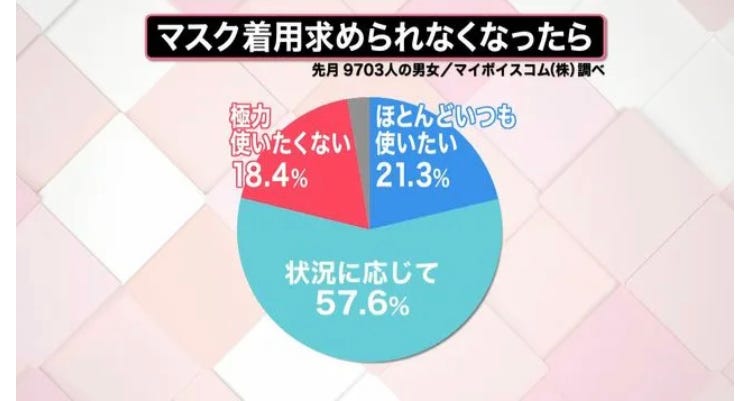
But will schools and workplaces change their rules to make bare faces permissible? Or will mask rules continue for everyone’s “safety and piece of mind”?
Calls for school mask requirements to be lifted with the reclassification are already being made by prominent politicians like the governor of Osaka (who mandated mask dining at bars and restaurants in 2021), so kids will likely be allowed to breathe properly again.
The question is more complicated for workplaces, especially for customer-facing employees, since masking has become a social expectation. Asked about unmasking in the service sector, a beauty salon owner replied that “Staff won’t be able to unmask unless the government more strongly says ‘masks are unnecessary’.” And that’s the problem.
Because almost no Japanese organisation wants to make a decision regarding masks without explicit permission from on high and assurance everyone else is doing the same thing, the government’s experts will come up with new guidelines for organisations to follow regarding masking and other Covid measures. I’ve no doubt these revised guidelines will be dumb, but less torturously so than currently.
In short, masking isn’t over, but its future isn’t yet apparent.
All welcome?
The government says it’ll also reconsider the current entry requirements of proof of a negative test result or 3 shots. (Sorry, Vladimir. Sputnik V doesn’t count.) But it will keep the requirement for travelers from China to test upon arrival and be quarantined if positive for the time being.
However, since reclassification will mean the government will lose the power to quarantine Covid cases upon arrival, how will this contradiction be resolved? Simple. According to the Yomiuri Shinbun, “There is also an idea within the government to add COVID-19 to the list of infectious diseases for which quarantining is necessary.” Well, the government didn’t add the punishment of up to 6 months imprisonment for noncompliance to the revised Quarantine Act just to pass by the opportunity to use it.
Money matters
The main reason Covid has kept its special status for so long is that it enables the government to pour large amounts of public funds into the coffers of the domestic medical industry and overseas pharma companies. Money is also a major reason for Covid’s reclassification, with the Ministry of Finance last November requesting that the government reconsider the way it treats Covid in order to bring the runaway gravy train to a halt.
But the priority of the main political parties, the government’s experts, and the national and regional medical associations is to keep the Covid gravy train running, albeit at a slower pace. So even though Covid will have the same classification as the flu, the Covid jabs won’t be treated like the flu jabs, which people pay for out of pocket. The general consensus is summed up by our old friend, Governor Satake of Akita, who says “If people have to pay for the Covid shots, nobody will get them.” That sounds to me like an argument in favour of making people pay, but never mind.
The full details are to be decided, but one proposal is to keep the Covid jabs free for certain groups like Japan’s 36 million elderly. After all, they’ve been the most loyal consumers of the mRNA jabs, injecting over 150 million doses so far.
Also, domestic pharma companies Daiichi-Sankyo and Shionogi have applied for emergency approval for their Covid jabs based on the regulatory innovation of “presumed effectiveness” (i.e. antibody titters). It’d be a shame for them to miss the punch bowl because they turned up late to the party.
It could’ve been worse
I’m thoroughly bitter about the last 3 years, but there were bullets we missed.
In mid 2021, there was talk by influential politicians and experts of introducing enforceable lockdown restrictions, but nothing came of it.
In late 2021, the government had high hopes for widespread use of its vaccine/negative-test certificate app as the solution to the problem of its economy-hobbling Covid restrictions.
The idea was to allow people with the app to dine out at bars and restaurants without restrictions on services and attend events without attendance limits even during declared emergencies. However, Omicron ruined their plans.
The app still exists, but the government has had to settle for giving the triple-jabbed discounts during domestic tourism campaigns.
I had feared PM Kishida’s ruling Liberal Democratic Party would exploit Covid to revise the constitution to give the government unchecked emergency powers, but that thankfully hasn’t happened and probably won’t happen soon. From Jiji.
Kishida lacks power to push forward with the very challenging topic, due to dismal public support for his cabinet. Also, some opposition parties, including the Constitutional Democratic Party of Japan, remain reluctant to promote constitutional amendment.
Of course, Japanese politicians may one day give themselves the power to lock down the country and make the proles show their digital cattle tags to go into restaurants, but they’ll just have to wait for future viral extravaganzas.
So to sum up, reclassification doesn’t mean The Covid Show in Japan is coming to an end. The show will keep going indefinitely, but on a much smaller scale. Let’s just hope there are no spin-off series.




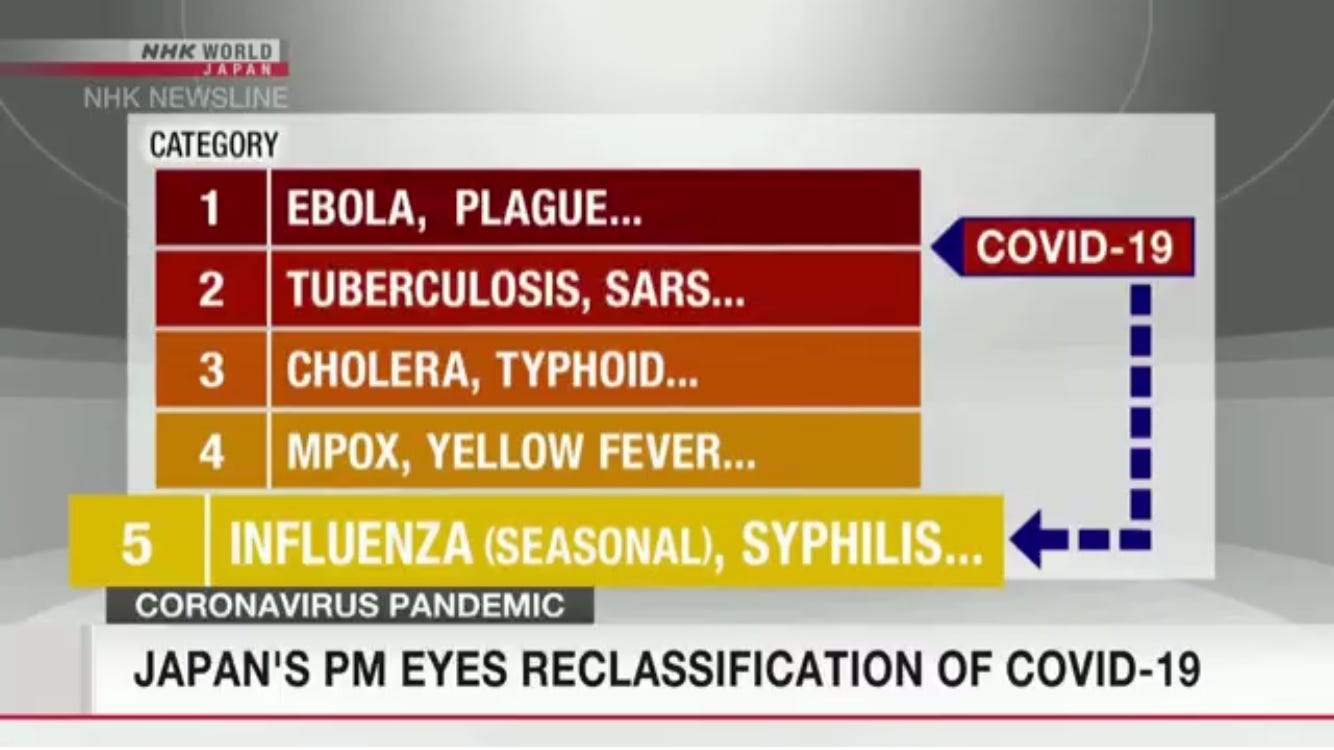


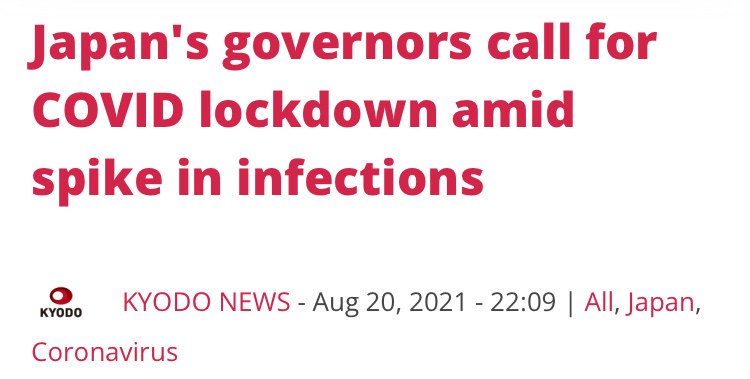
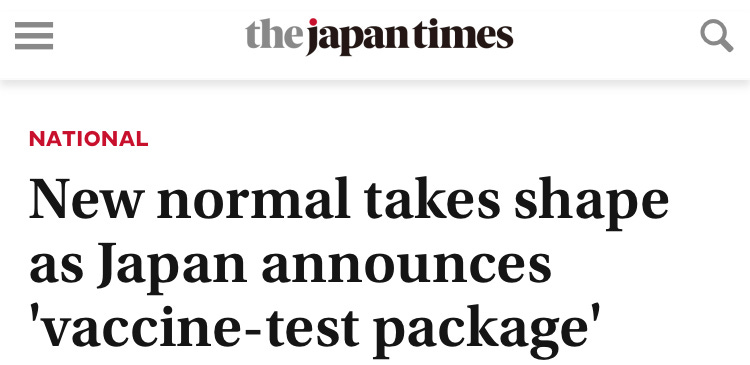
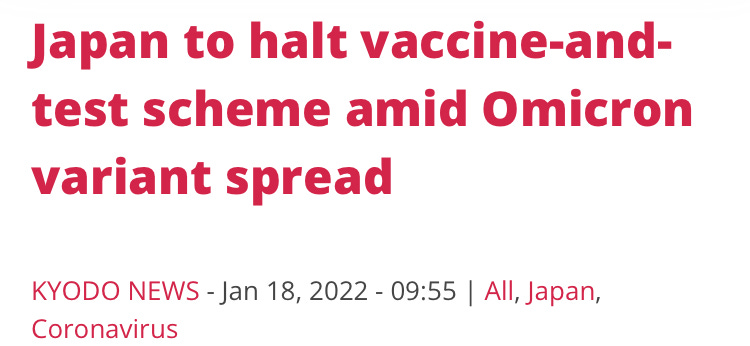
I am more pessimistic than optimistic. One of my clients is the CEO of a small company engaged in the service industry. He has been compelled to follow all the covid recommendations otherwise his petrified employees and the equally terrified patrons would revolt. This would cause great harm to his company and given all the other harms suffered these past 3 years, this would be an even bigger problem to deal with than it would be in prepanic times.
While far from universal and for slightly different reason, they have already been using a passport system of sorts. It was a year ago now that I first ran across QR Code access points. First it was to use public restrooms. Over the summer, to attend the various outdoor events that the city hosted for the first time in 3 years, you first had to apply on line and enter into the lottery for Etickets to the event. If you won, the city government emailed out QR Codes for you to display on your idiot phone to Exeter and exit the venue. You’ve seen the footage of large numbers of Chinese with their phones out trying to get through a gate, same for the events, just without the red/greed screen codes. More and more cashiers in stores and possibly entire stores are refusing cash for payment in Japan. Just yesterday I was told that I could not use cash at the register I got in line to use at one of our local supermarkets. I had to wait in line at another register. As an aside, was at the same supermarket today and saw them spraying sanitizer on shopping carts and wiping them down. So that madness remains.
Many kids will never be able to breathe regularly even if/when masking stops. In addition to whatever bacteria that may have taken hold due to prolonged overuse of masks, I have seen reported of micro plastic fibers turning up in human lung tissue. Those reusable masks are not as safe and effective as many think they are. Then we have the fact that even the misbehaving students dutifully wear their masks despite not following most every other classroom rule. They have been terrified into wearing them.
One has to search long and hard to find any single aspect of life these maniacs have not irreparably damaged.
“2.5 years after the late Shinzo Abe suggested it” - interesting start to the article. Tragic & discouraging that a popular & reasonable leader didn’t have more opportunity to impact Covid-burdened Japan for the better. Seeing what happened to him was beyond shocking.
Excellent article. Thank you. I’m feeling more hopeful about our May trip. Have a family member with respiratory issues who can’t breathe well in masks (dr says not to wear) but is so eager to see Japan. It’s been stressful to worry about mask rules, pressure. If it’s just social pressure, but nothing that would bar entry to places, we’re fine. Really hoping we get to experience Japan normally. Looks like a beautiful and interesting place, but also frozen in Covid nightmare currently. So grateful for the ability to read posts from you & a few others there bc it encourages us that we don’t have to conform to be respectful of Japanese people or culture. And I hope seeing more bare faced people from overseas will encourage normalcy for those who live there, for their well-being and health! Especially sad for children and those with medical issues.